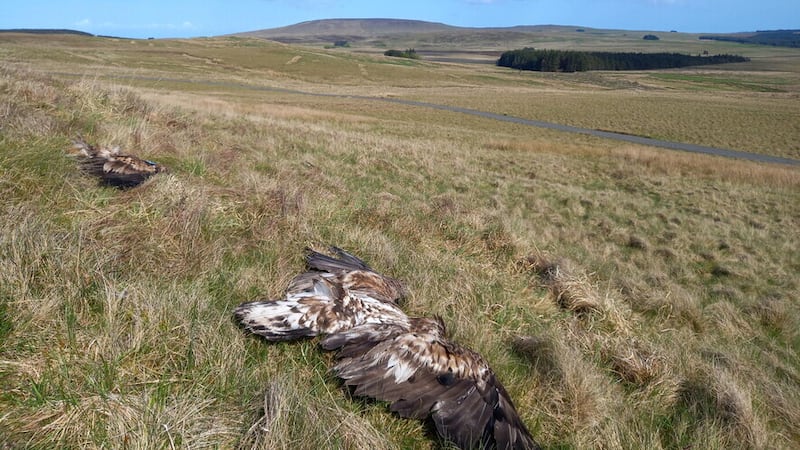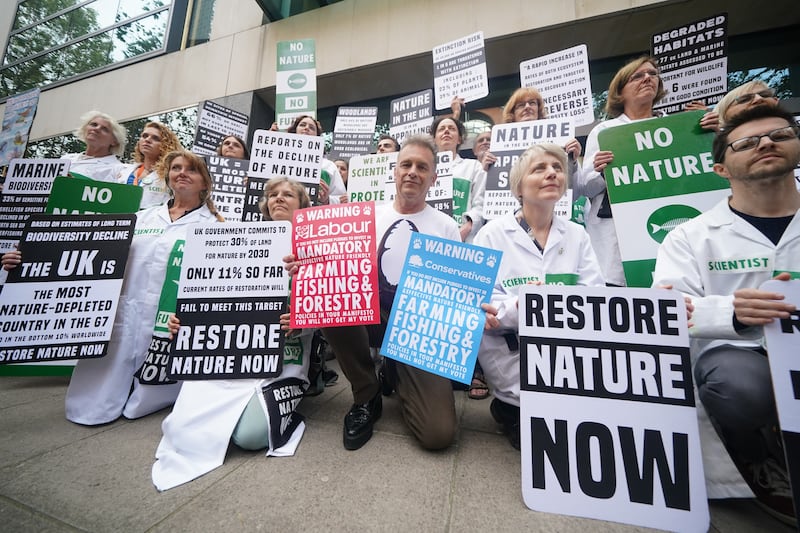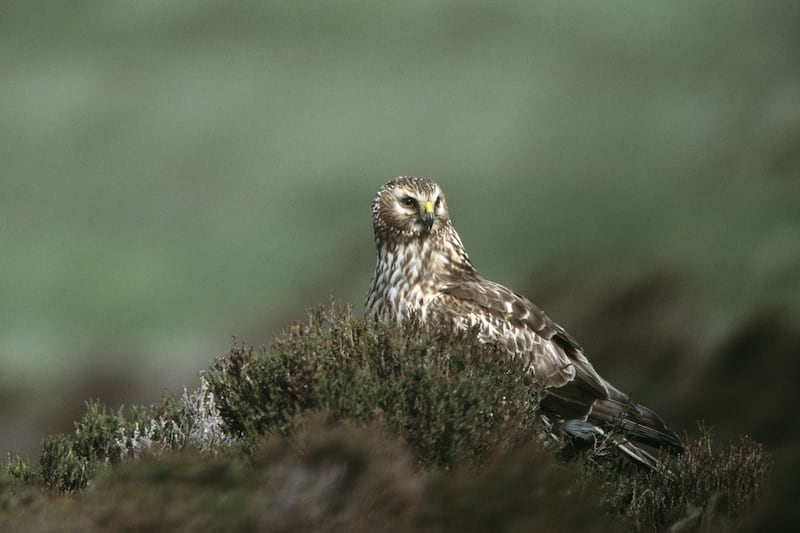THE RSPB has warned that pesticides are an ongoing threat to wildlife in the north after seven rare birds of prey were poisoned in incidents since 2022.
The conservation charity has published its annual Birdcrime report, which states that poisoning "continues to be the prevailing method of targeting raptors in Northern Ireland".
The report shows that four Peregrine falcons and a red kite were killed last year as a result of "ingesting suspected poisoned baits".
The red kite, which was found in Co Down, tested positive for rodent poison Alphachloralose.
Red kites were reintroduced to the north in 2008, and it is estimated that since 2009, 15 have been killed, with 13 confirmed poisonings.
"It is likely that the use of poisoned baits is a significant contributory factor as to why this species is struggling to thrive in Northern Ireland," the report states.
Read more:
- PSNI say 'majestic' dead eagles found near Ballymena were poisoned
- Take on Nature: Sighting of white-tailed eagle recalls the wildlife-loving 'servant of the State' Charles Haughey
The report also mentions the deaths of two white-tailed eagles in Co Antrim in July of this year. Both birds, which were found in the Glenhead Road area near Ballymena in May, tested positive for the insecticide bendiocarb.
A total of 58 poisoning incidents have been confirmed as raptor persecution since 2009.
"This unlawful and indiscriminate method of persecution not only threatens the survival of raptors in Northern Ireland but threatens the safety of all wildlife and people," the report adds.
"There is an urgent need for revised legislation surrounding the use of banned pesticides to successfully tackle this problem."
RSPB director of operations in Northern Ireland, Gregory Woulahan, said the recent poisoning cases have "brought into focus the impact these chemicals can have, not only on birds, but potentially pets, livestock or even people who inadvertently come into contact with them."








